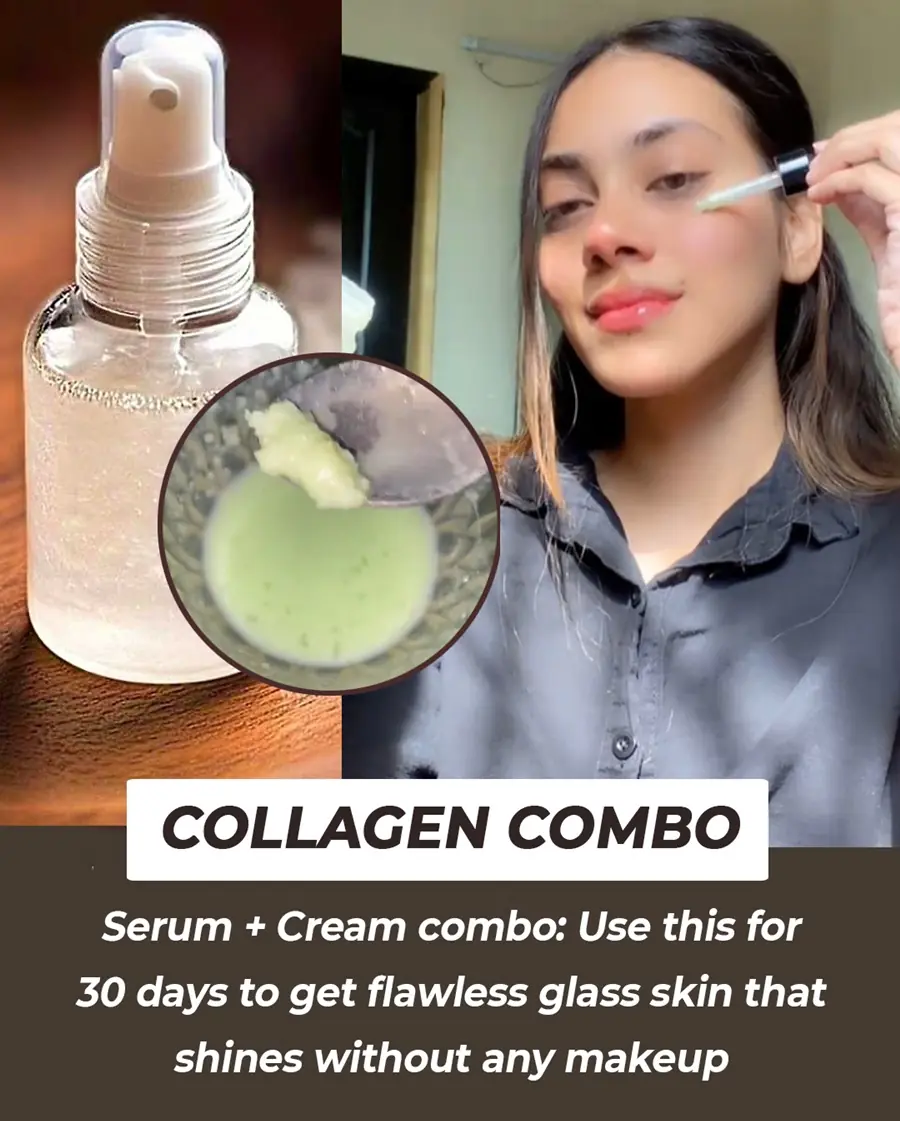
PepsiCo Removes Petroleum-Based Dyes from Doritos, Paving the Way for Healthier Snacking
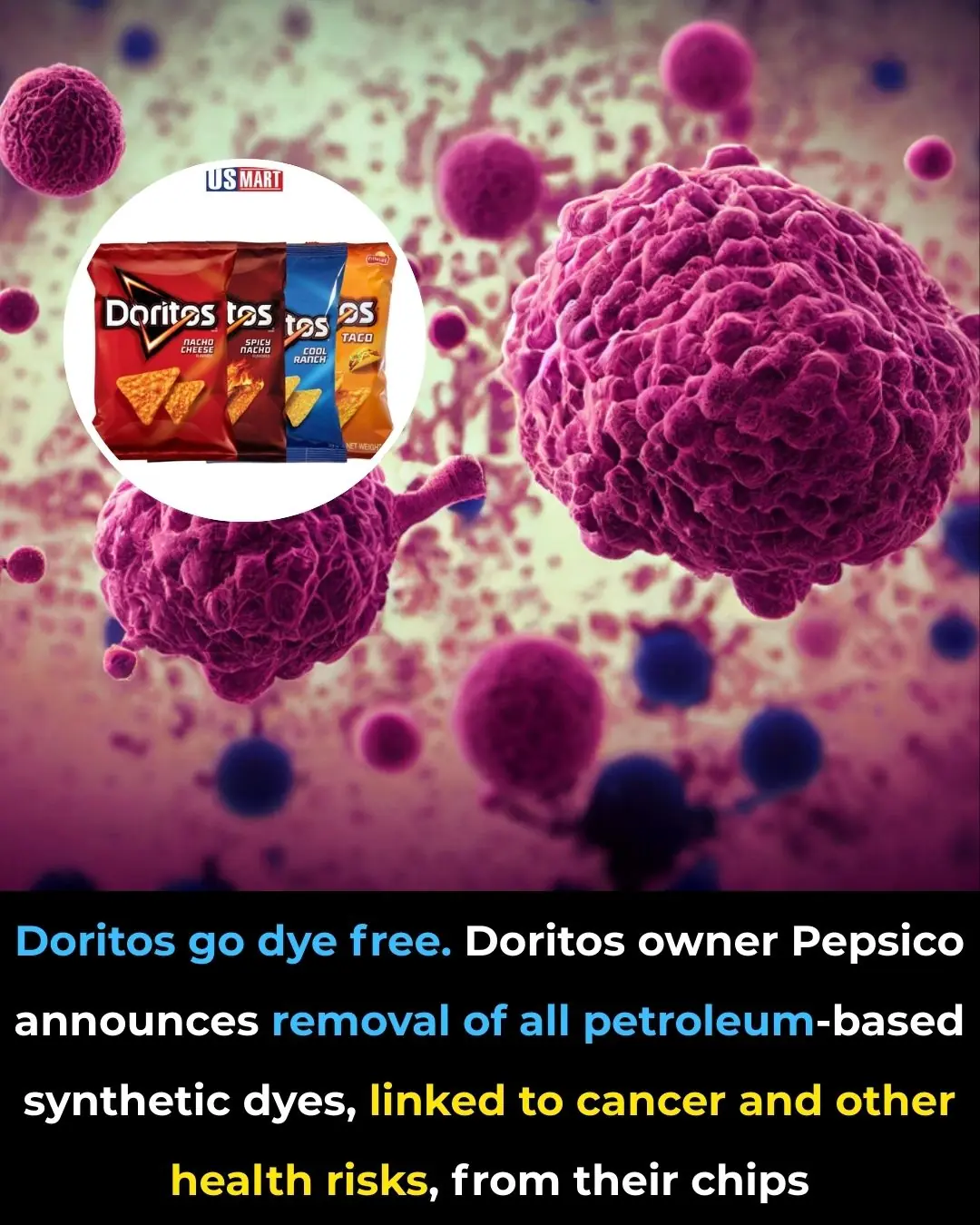
Big News for Snack Lovers: Doritos Ditches Petroleum-Based Dyes for a Healthier Future
In a significant development for snack enthusiasts, PepsiCo, the parent company behind the iconic Doritos brand, has announced that it will no longer use petroleum-based synthetic dyes in its chips. These artificial colors, which have been controversial for years due to their potential links to cancer and various other health issues, will be replaced with natural alternatives. This bold move represents a significant step toward creating healthier, safer snack options for consumers.
The decision comes amid growing pressure from health-conscious consumers who are increasingly seeking foods with cleaner, more transparent ingredients. Many people have become wary of the health risks posed by synthetic additives, with several studies suggesting a connection between artificial dyes and a variety of health problems, including hyperactivity in children, allergic reactions, and potential carcinogenic effects (1). In response to these concerns, Doritos is moving to replace petroleum-based dyes with plant-derived colors, such as those from beetroot, paprika, and turmeric, which have long been recognized as safer and more natural (2).
By making this switch, Doritos aims to maintain its iconic flavors that have made it one of the most popular snack brands worldwide while ensuring that it is in line with growing consumer demand for healthier, more transparent food options. The company’s commitment to using natural colors aligns with a larger trend within the food industry, where major brands are making strides toward eliminating artificial ingredients and opting for more sustainable and health-conscious alternatives.
This move not only reflects PepsiCo’s responsiveness to consumer demands but also highlights a broader industry shift toward greater accountability and environmental responsibility. A growing number of food companies, from snacks to beverages, are removing harmful additives from their products, responding to increasing public scrutiny over the ingredients in processed foods. According to a report by the Clean Label Project, more than 60% of consumers are actively looking for food products that are free from artificial colors, flavors, and preservatives (3).
The change is also part of a larger effort to promote cleaner, more sustainable food production practices. Replacing petroleum-based dyes with plant-based ones not only helps to reduce potential health risks but also minimizes the environmental impact associated with the production of synthetic chemicals (4). With these efforts, PepsiCo is positioning itself as a leader in the industry, setting a new standard for food companies that aspire to prioritize both health and sustainability in their product offerings.
For snack lovers, this means they can continue enjoying their favorite Doritos chips with fewer worries about harmful additives. While the shift to natural colors may slightly alter the chips' appearance, the company has promised that the move will not affect the beloved taste and texture that fans have come to expect. In fact, this change could be seen as part of a larger, positive shift in the processed food industry, where companies are increasingly listening to consumer concerns and making changes to improve the overall quality of their products.
As consumers continue to demand healthier, more transparent food options, PepsiCo’s decision to eliminate synthetic dyes from Doritos serves as a sign of the growing influence of health-conscious choices on the food industry. The move also adds momentum to the larger movement toward cleaner, safer ingredients in everyday foods. With this change, Doritos has taken an important step in making snacks safer and more health-friendly, marking a bright future for the processed food industry.
References:
-
"Artificial Food Dyes and Hyperactivity: A Systematic Review." National Institutes of Health.
-
"Natural vs. Synthetic Food Dyes: What's the Difference?" Food Safety News.
-
"The Clean Label Movement: Consumer Demand for Transparency." Clean Label Project.
-
"Sustainable Food Production and Natural Colorants." Journal of Environmental Science and Health.
News in the same category


From Tragedy to Hope: How Compassion Saved a Life in Rural China

Why Tanker Trucks Have a Hanging Chain: Safety Function Explained

The Hidden Meaning Behind Tongue Piercings

World’s Largest Pumped Storage Power Station Goes Fully Operational in China
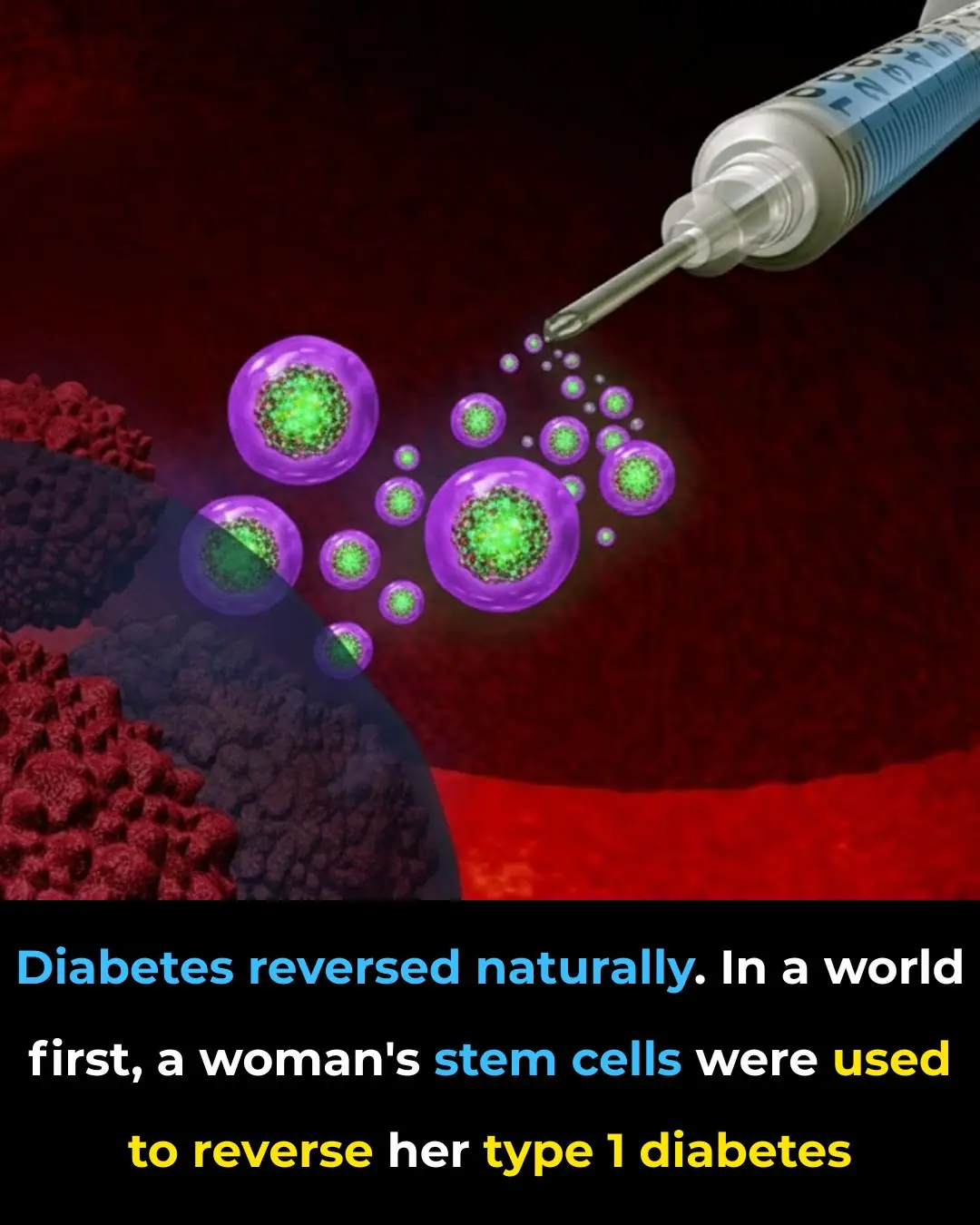
World-First Breakthrough: Stem Cells Reverse Type 1 Diabetes in Landmark Case

Hank’s Second Chance: From Abandonment to Hope and Healing
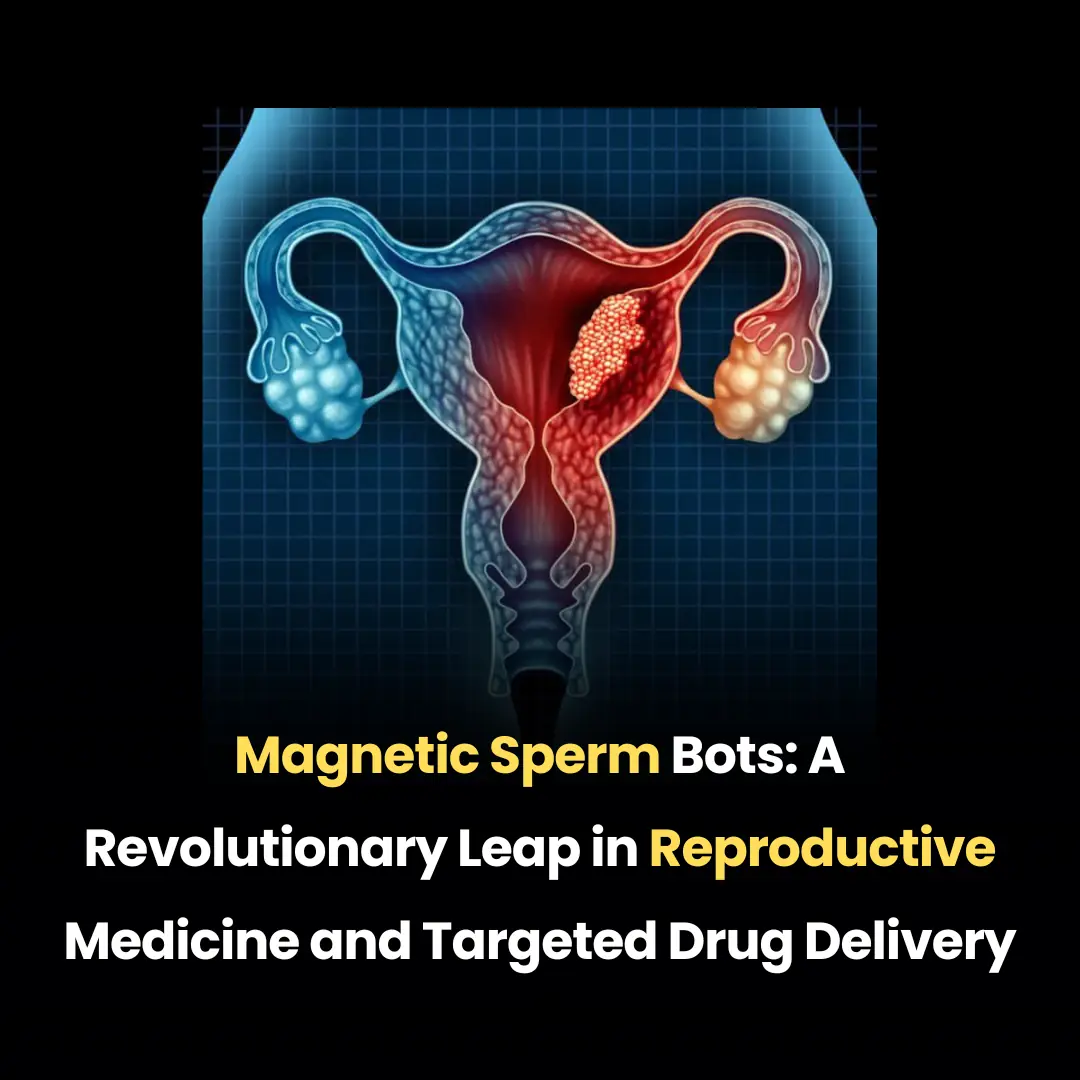
Magnetic Sperm Bots: A Revolutionary Leap in Reproductive Medicine and Targeted Drug Delivery

The Hidden Dangers of Belly Fat: A Warning Sign for Metabolic Health
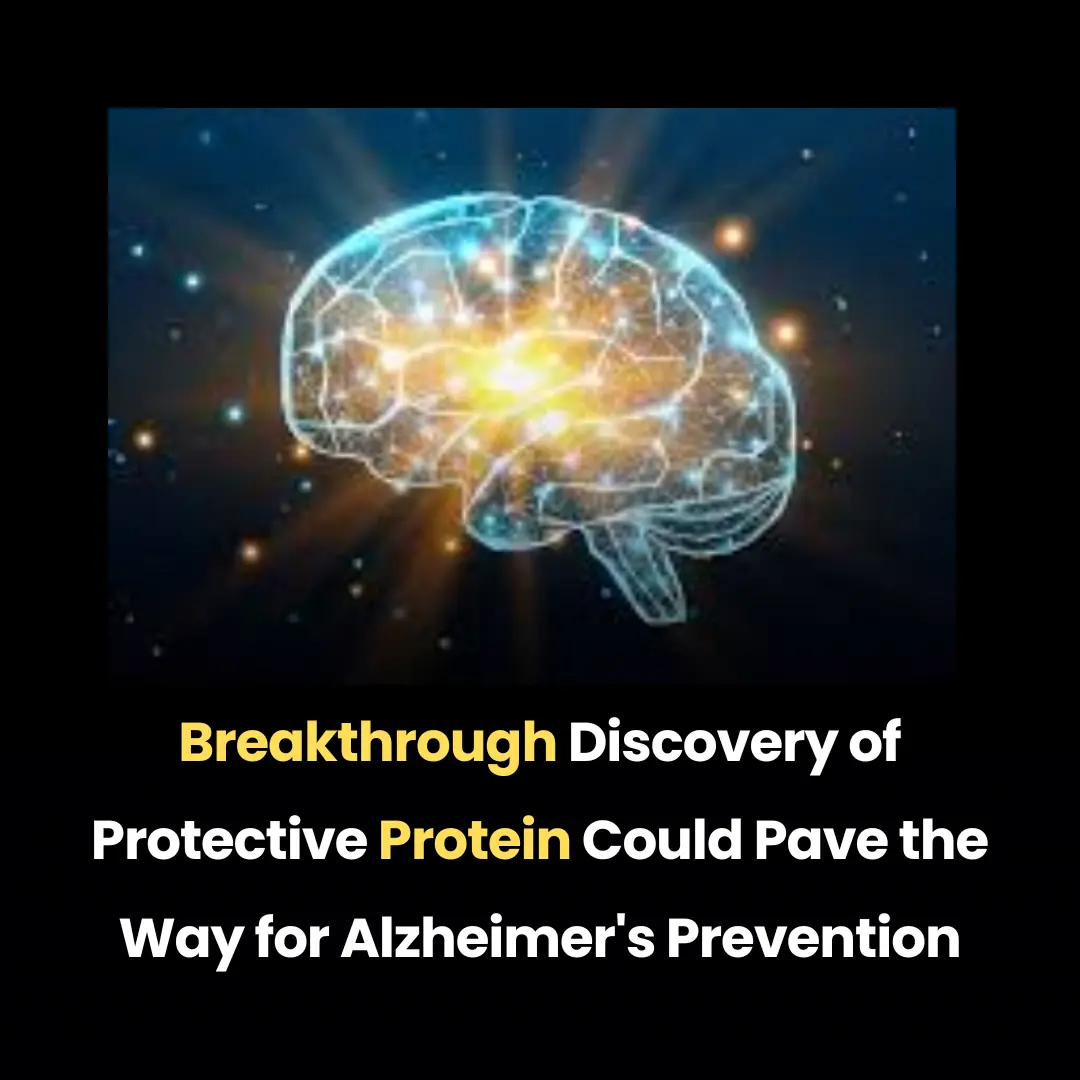
Breakthrough Discovery of Protective Protein Could Pave the Way for Alzheimer's Prevention

Revolutionary Ultrasound Treatment: A Non-Invasive Breakthrough in Cancer Care

Revolutionary Injectable Gel Promises Non-Surgical Solution for Joint Regeneration

Check out the best tips for using dryer sheets to clean the toilet!

Revealing Hidden HIV: A Major Step Toward Achieving a Functional Cure

The Science of Touch: How Holding Hands Calms the Brain and Eases Pain
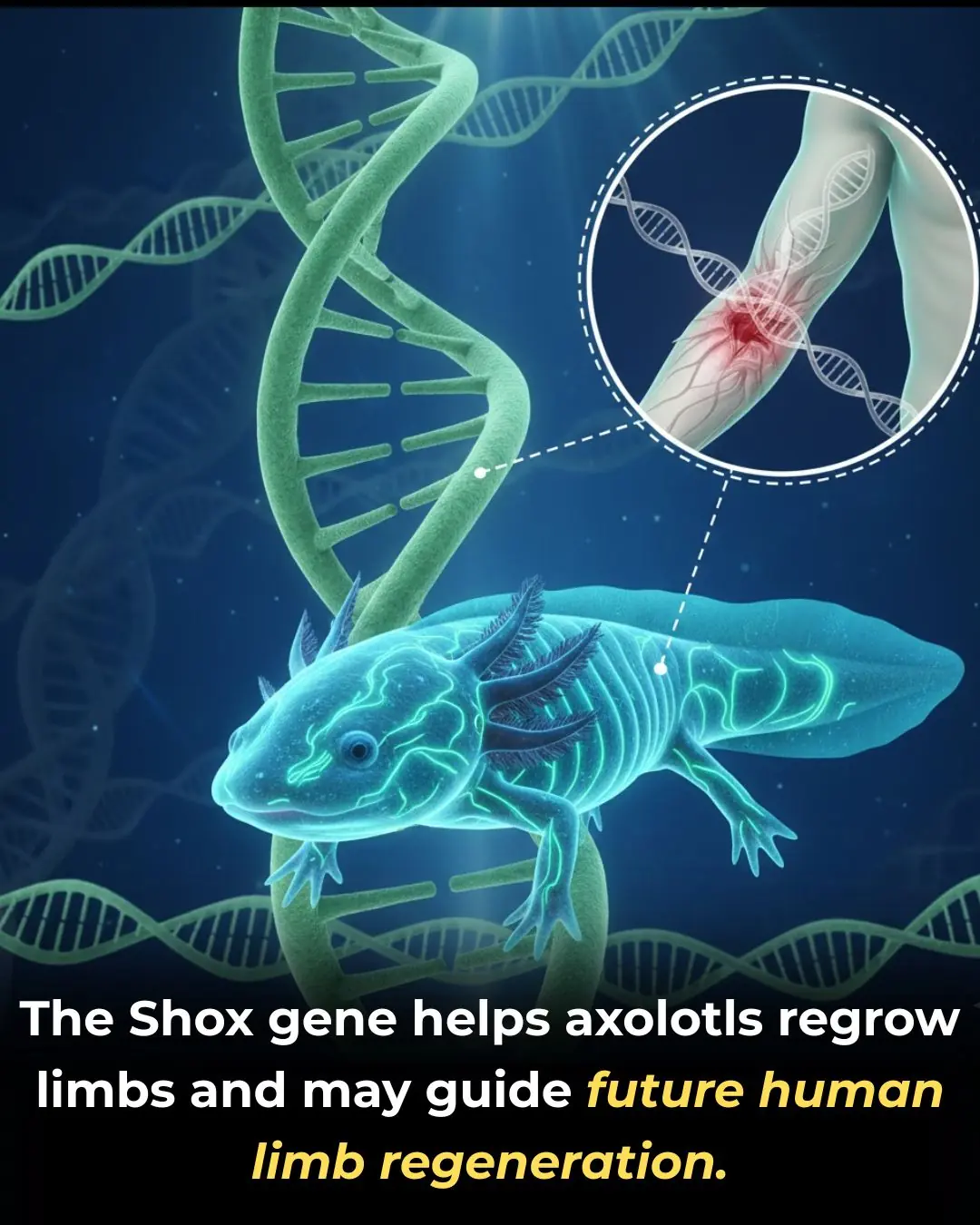
The Molecular Blueprint of Regrowth: How Axolotls Regenerate Entire Limbs

If You Have These Two ‘Dimples’ on Your Lower Back

Why are some window bars curved at the bottom
News Post

Teen Inventor Creates Affordable Dialysis Machine, Revolutionizing Global Healthcare

From Tragedy to Hope: How Compassion Saved a Life in Rural China

Meghan Trainor details health scare that inspired her weight loss journey, Mounjaro use

Why Tanker Trucks Have a Hanging Chain: Safety Function Explained

The Easiest Way to Clean a Glass Stove Top

Bill Belichick’s daughter-in-law exploded on Jordon Hudson in unhinged 40-minute postgame rant

🌿 The Quiet Power of Nature: Herbs That Support Balance, Energy, and Well-Being
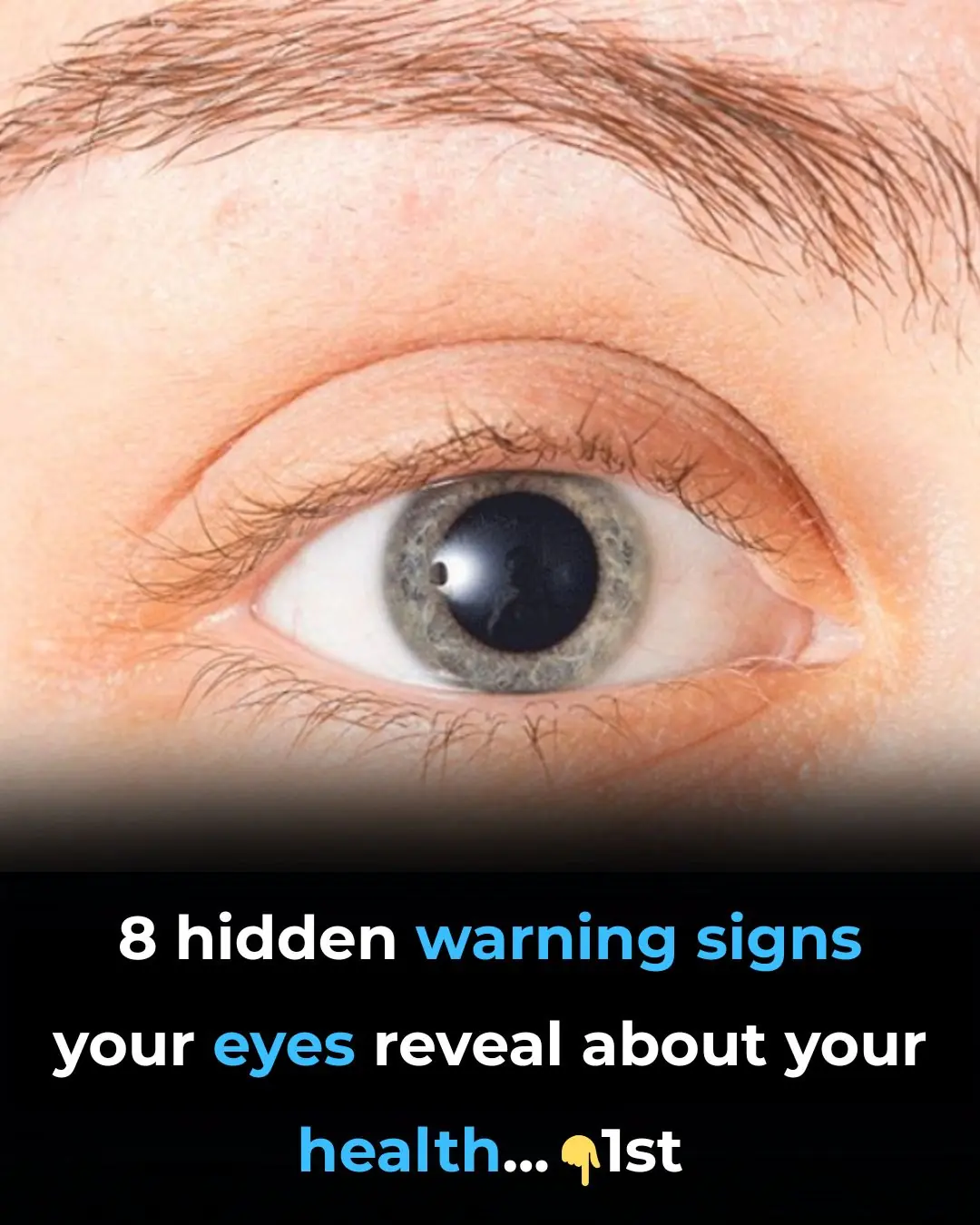
8 Things Your Eyes Are Trying To Tell You About Your Health

A Toy Traffic Cone Found in a Man’s Lung After 40 Years: The Astonishing Medical Case That Was Mistaken for Lung Cancer

Jean Slater revealed as Zoe’s stalker… but fans aren’t buying it

Unlocking the secrets of clove water: a nighttime health elixir
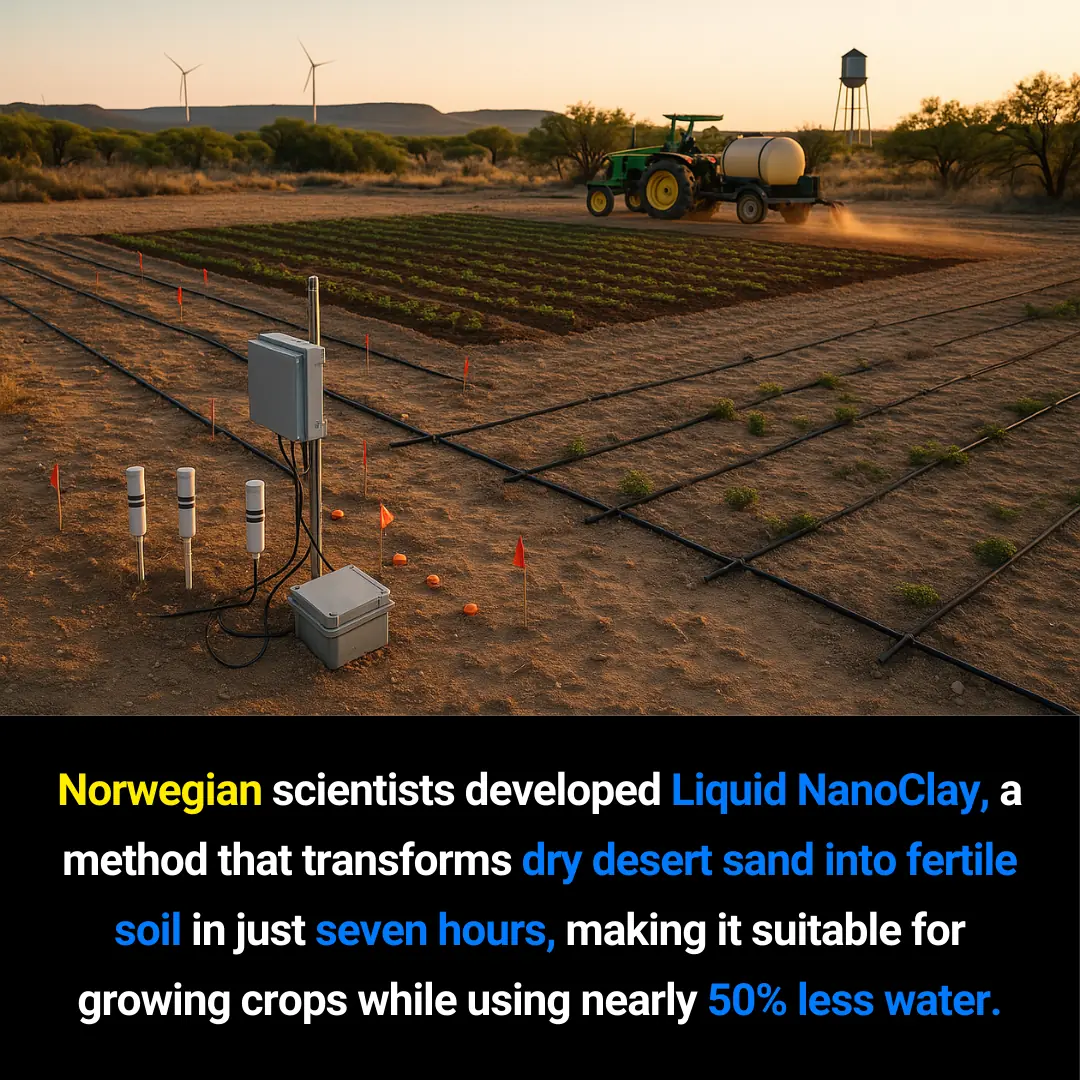
Liquid NanoClay: The Norwegian Innovation Turning Deserts Into Fertile Farmland

Celia’s empire starts to crumble in Emmerdale as police raid Depot and Laurel grows suspicious

“Mind the Gap”: How a 20-Year-Old Medical Student Transformed Global Healthcare

I’m A Celebrity star Tom Read Wilson slammed by viewers over ‘annoying’ behaviour in camp

A look around Angry Ginge's former home shows I'm A Celeb star's 'true colours'

ITV Emmerdale's Lewis Barton 'set for new romance' as fans point out huge hint

Josie Gibson stuns as she shows off 5st weight loss in daring dress on cruise
